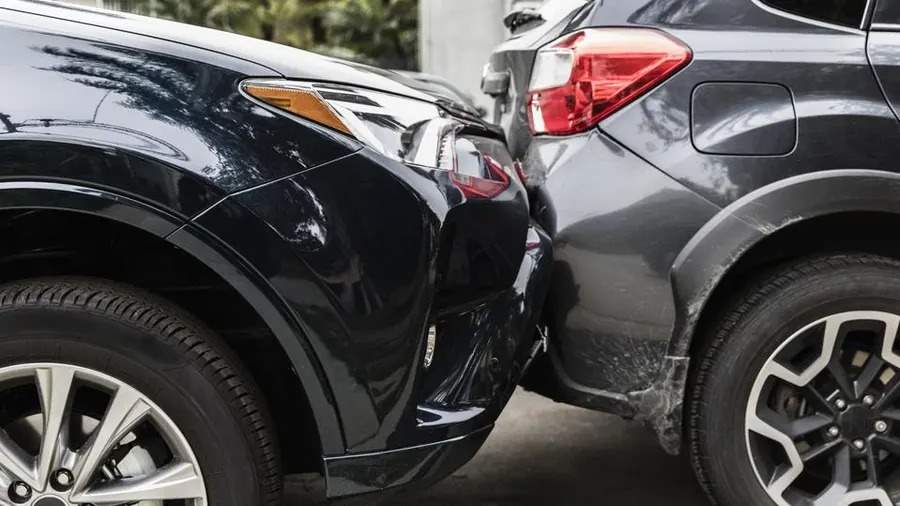Driving in India presents unique challenges and requires specific knowledge and preparation. Whether you are a seasoned driver or new to the roads of India, this article outlines ten essential tips and items every car owner should know and have to ensure a safe and compliant driving experience.
1. Have the Complete Papers Ready Always
Always carry all necessary documentation, including your Registration Certificate (RC), insurance, and driving licence. These documents are essential during traffic checks to avoid fines or legal issues. The Registration Certificate proves your vehicle's legality, while the insurance covers potential damages or injuries.
Readily available documents can expedite roadside checks and prevent unnecessary legal complications.
2. Store RC and Other Documents on Digilocker
Utilise the DigiLocker app to store digital copies of your vehicle documents. This government-approved platform ensures you can access all necessary paperwork on your mobile device, which is legally acceptable during traffic stops.
Digital copies in DigiLocker are considered valid under Indian law and equivalent to their physical counterparts, making them a convenient and secure way to manage and retrieve vehicle documentation when needed.
3. Keep the Car Insurance Renewed and Active Always
Keeping your car insurance renewed and active is crucial if you own a car. This not only complies with legal requirements but also protects you against liabilities in accidents.
Continuous insurance coverage ensures that you are financially protected in case of vehicle damage or passenger injuries.
4. Do not drink and drive
Driving under the influence of alcohol is extremely dangerous, not only for yourself but also for others on the road. It significantly increases the risk of accidents, endangering the lives of passengers, pedestrians, and other drivers. Additionally, getting caught while driving drunk can lead to severe legal consequences.
According to Indian traffic laws, driving with a Blood Alcohol Concentration (BAC) exceeding 0.03% is illegal. The allowable limit is 30mg of alcohol per 100ml of blood. If you're found driving over this limit, you can be fined between Rs 2,000 and Rs 10,000.
5. Do Not Break Traffic Challans
Adhere to traffic rules strictly to avoid tickets or challans. Breaking traffic laws leads to hefty fines and can suspend your driving licence.
Consistently following the rules helps foster a safer driving environment and reduces the likelihood of accidents on the road. Furthermore, law-abiding drivers can benefit from lower insurance premiums, as many insurers consider their driving records when setting rates.
6. Always Check for Pending Challan on Your Vehicle and Pay if Any
Ensure you regularly check for any pending challans against your vehicle. Many regional transport authorities offer online services that allow you to check and settle these challans, keeping you clear of legal troubles. Timely payment of challans prevents the accumulation of additional fines and helps maintain a clean driving record.
Additionally, managing these obligations promptly can prevent complications when renewing your vehicle’s documentation or during random checks by traffic authorities.
7. Carry Valid Driving Licence
Ensure your driving licence is valid and up to date. A lapsed DL can lead to fines and legal issues, mainly if you are involved in an accident. Additionally, keeping your DL ensures that any changes in regulations or personal information are accurately reflected, which is crucial for legal compliance and administrative purposes.
8. Verify Your RC Details and Correct if Necessary
It is crucial to regularly inspect your vehicle RC details, If you find any discrepancies, promptly get them corrected at the relevant transport office to avoid complications during document checks.
An accurate RC facilitates verification during routine stops or at accident scenes, ensuring all data matches the actual vehicle specifications.
Additionally, keeping your RC updated helps maintain the legal validity of your vehicle's registration, which is essential for insurance claims and resale.
9. Regular Vehicle Maintenance
Maintain your vehicle regularly to avoid breakdowns and ensure safety. Check the engine oil, brake fluid, tyre pressure, and lights frequently. A well-maintained car is less likely to cause accidents. Consistent maintenance can also extend the life of your vehicle and improve fuel efficiency, making it a cost-effective practice.
10. Always Use Your Seatbelt
Make it a habit always to wear your seatbelt while driving. This simple action can significantly reduce the risk of injury during accidents. Ensure all passengers buckle up too. Remember, wearing a seatbelt is not just a personal safety measure; it is also legally mandated in India, and non-compliance can result in penalties.
Conclusion
Driving in India requires more than just knowing how to operate a vehicle; it demands awareness, preparation, and a proactive approach to safety. By ensuring you have the necessary documents, understanding the rules, and keeping your vehicle in top condition, you can enjoy a safer, more reliable driving experience.
Remember, the responsibility of road safety lies not just with you but with every road user. Drive safe, stay informed, and contribute to making India's roads safer for everyone.









